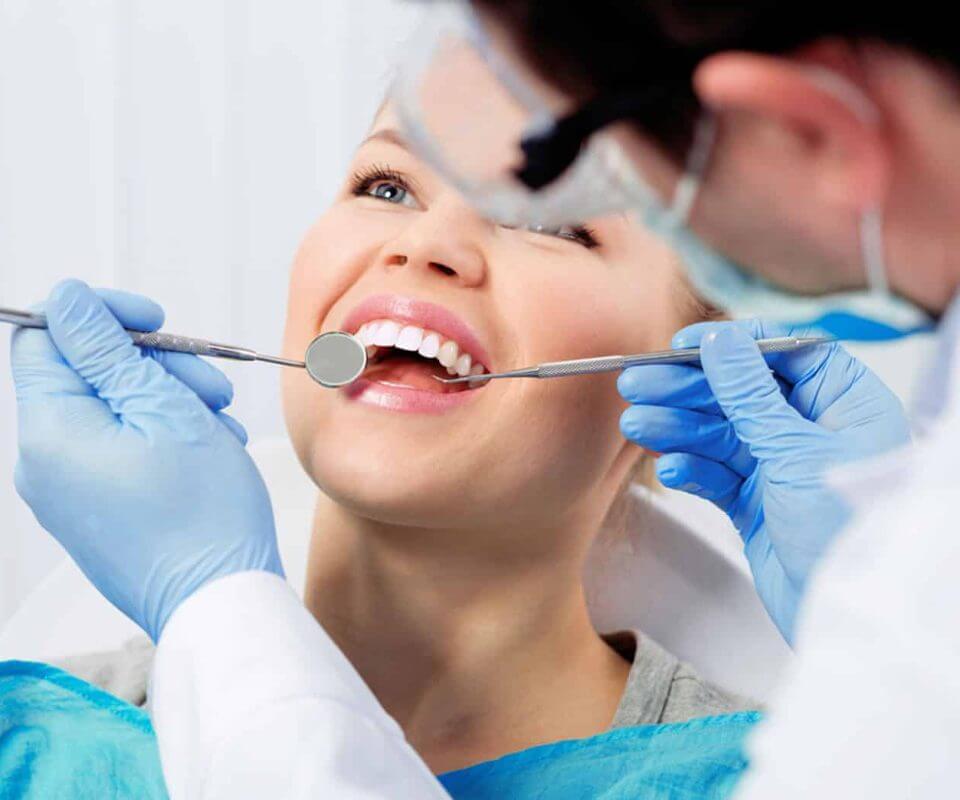Teeth Whitening

ONLY £69
Laser Teeth Whitening
Years of consuming coffee, tea and other items gradually causes youthful white teeth to discolour.
Professional tooth whitening can help you bring back your bright, youthful smile. Professional tooth whitening has been shown to be a safe and effective way for millions of people to obtain a whiter, brighter smile.
Thanks to technological advancement, that elusive Hollywood smile which was once the preserve of the rich and famous is now available and affordable to us all!
FAQs
frequently asked questions
This procedure is only carried out by a professionally qualified Smile Therapist. The whitening gel is applied to your teeth then activated by a laser light from the Beyond Teeth Whitening System. This enables the gel to swiftly penetrate the enamel.
The surface of the teeth contains millions of microscopic pores, and over the years, organic compounds from food, fizzy drinks, tea, coffee or tobacco penetrate these pores causing discolouration of the tooth enamel. Almost all natural teeth respond to the whitening process, however some people’s teeth take longer to whiten such as those with tetracycline antibiotic staining.
Research shows there is no risk to the enamel of the teeth.
This depends on how you take care of your teeth.You will be given full after care advice by your consultant. The Beyond laser light procedure will stay noticeably whiter for 18-24 months, however a 10 minute top up treatment every 6-12 months will maintain that dazzling smile.
The whitening procedure will not whiten crowns, veneers, bridges or fillings however they will be restored to their original colour.
Most people find the procedure painless, however a small percentage may experience temporary sensitivity to hot and cold for 24-48 hours following treatment.
Each application takes 10 minutes, with a full treatment consisting of three to four 10 minute applications, so it really is possible to achieve dramatic results of up to ten shades lighter in your lunch hour!
Teeth can become discolored due to various reasons, including aging, consumption of certain foods and beverages (like coffee, tea, red wine), smoking, poor oral hygiene, genetics, and certain medications.
